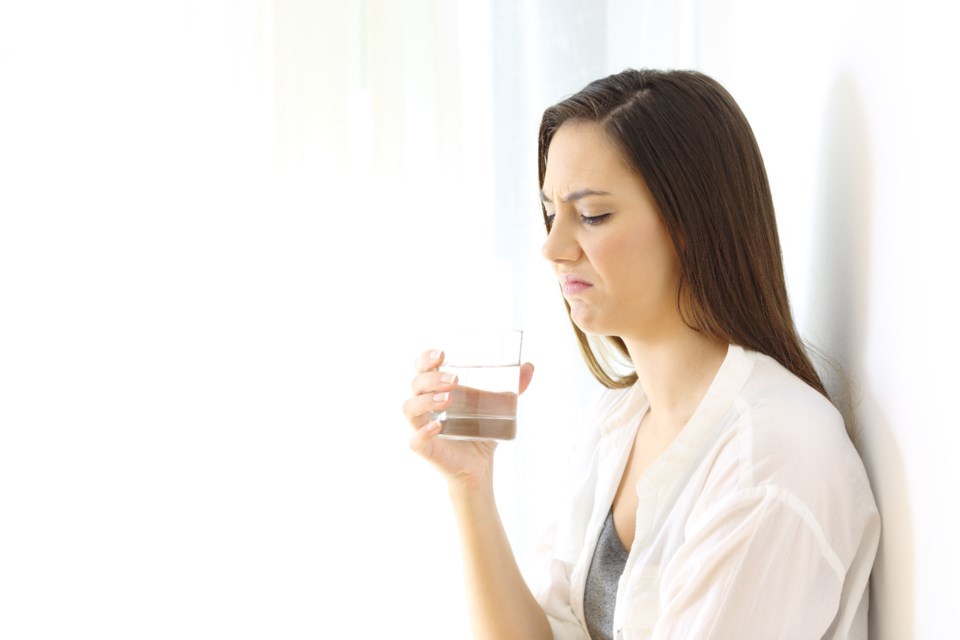Do you know the quality of the drinking water in your home?
Most of us don’t, we simply assume it’s fine, relying on the municipal water supply and trusting that it is clean and safe to drink.
For the most part it is, but that doesn’t mean it can’t be improved through water treatment.
One simple test you can run yourself at home is to turn on your tap and let the water run. Does it smell or taste at all like chlorine? Chances are, if your water comes from a municipal water source, it most likely does.
But why would there be chlorine in our drinking water? Chlorine is one of the most commonly used drinking water disinfectants. Municipalities use it for this reason; it keeps water safe by reducing or eliminating microorganisms, such as bacteria and viruses, as it travels through the pipes and into your home. Chlorine actually plays an integral role in protecting our water supply from contamination. It has greatly reduced the risk of waterborne diseases, so it is indeed necessary.
Once that chlorinated water enters your home and runs through your taps, however, that’s where it can start to cause some problems. In addition to the unpleasant taste and odour that chlorine leaves in your water, it can strip your body of natural oils, which dries out your skin and hair.
Even more importantly, chlorine, chloramine and by-products, such as trihalomethanes (THMs) and chloroform, can be quite hazardous to your health. THMs are formed as the result of a reaction that occurs between chlorine and naturally occurring organic matter in the water, such as decaying leaves. Long-term exposure to THMs has been linked to an increased risk of bladder and colon cancer, in those who drank tap water for a period of 35 years or more.
If you do have chlorine in your water—which can be easily determined through a free water test—there are a number of water treatment products that can help. They are quite effective at reducing chlorine, chloramines and their by-products, including THMs.
Water Depot’s Chloramax Whole Home System reduces these harmful chemicals. It maintains the natural minerals found in your water and doesn’t use salt. If you happen to have chlorinated water that also has a high level of hard minerals, the Chloramax Twin System works well; it combines the superior softening of their Platinum Water Softener with the chemical reduction power of the Chloramax.
In municipal water applications, the Chloramax systems removes or reduces chlorine, chloramines, THMs, pesticides, herbicides, particles, taste and odour issues. Minimal maintenance is required.
The staff at Water Depot Alliston are your local water treatment experts. They specialize in reducing chlorine, THMs and other hazardous chemicals from your water. The store is located at 312 Victoria Street East, Unit 3. Call them at 705-434-5044 to arrange your free water test.
